 |
 |
 |
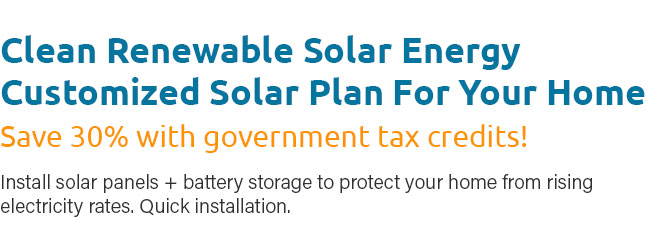 |
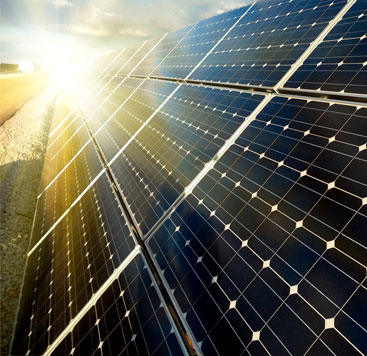 |
 |
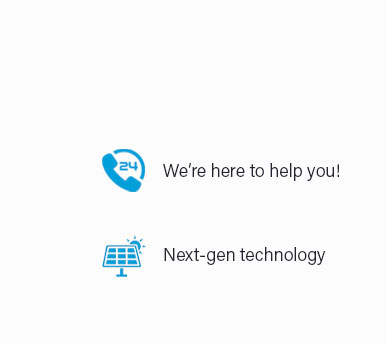 |
 |
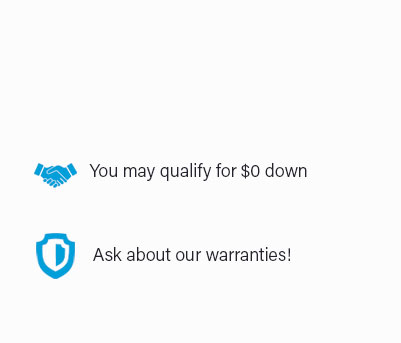 |
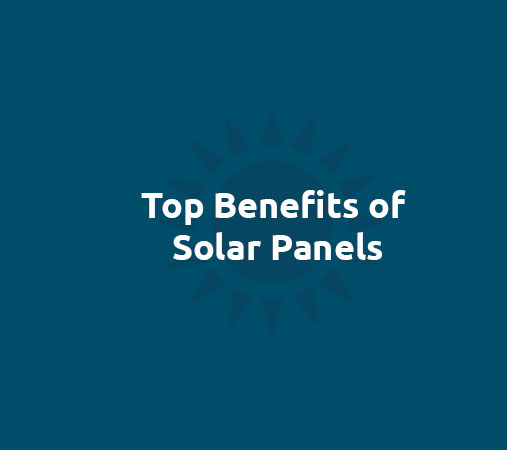 |
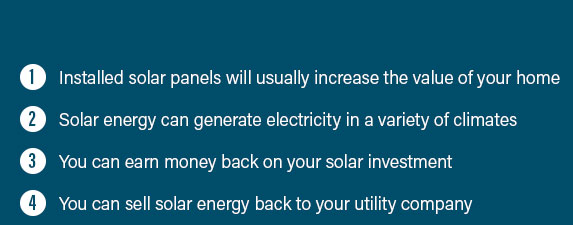 |
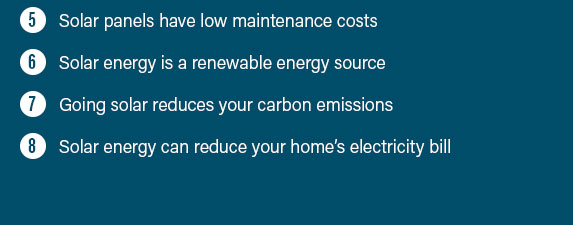 |
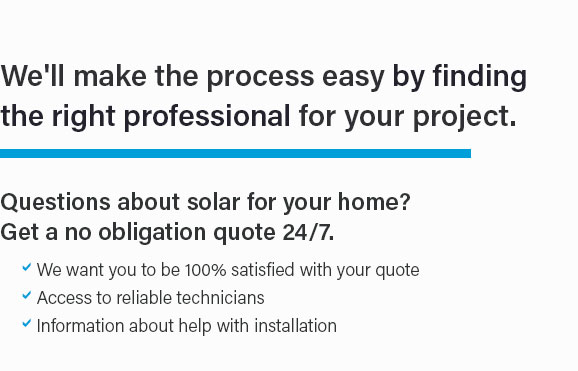 |
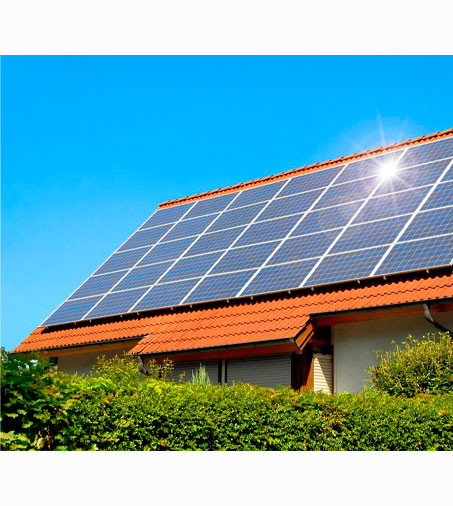 |
|
 |
 |
 |
|
Unlock the power of the sun and transform your energy future with our cutting-edge solar panel installation system; get a personalized solar panels installation quote today and discover how seamlessly sustainable energy can elevate your lifestyle, reduce your carbon footprint, and slash your electricity bills, all while investing in a brighter tomorrow-because with us, the sky isn't the limit, it's just the beginning.
https://www.solarreviews.com/blog/grid-tied-off-grid-and-hybrid-solar-systems
There are three types of solar panel systems: grid-tied (on-grid), off-grid, and hybrid solar systems. Each type of system has a unique setup that affects what ... https://unboundsolar.com/complete-systems?srsltid=AfmBOooTytysuC7Kehp7qiOeLif46xHdfQq-Sp0pH0vn5kOHFiZL66_G
A solar power system ensures you are equipped in the event of an outage from a natural disaster, whether you choose to ground mount or install your solar panel ... https://www.solarreviews.com/blog/what-equipment-do-you-need-for-a-solar-power-system
What are the main components of a solar panel installation? - Solar panels - Solar inverter - Solar racking - Net meter - Solar performance monitoring.
|